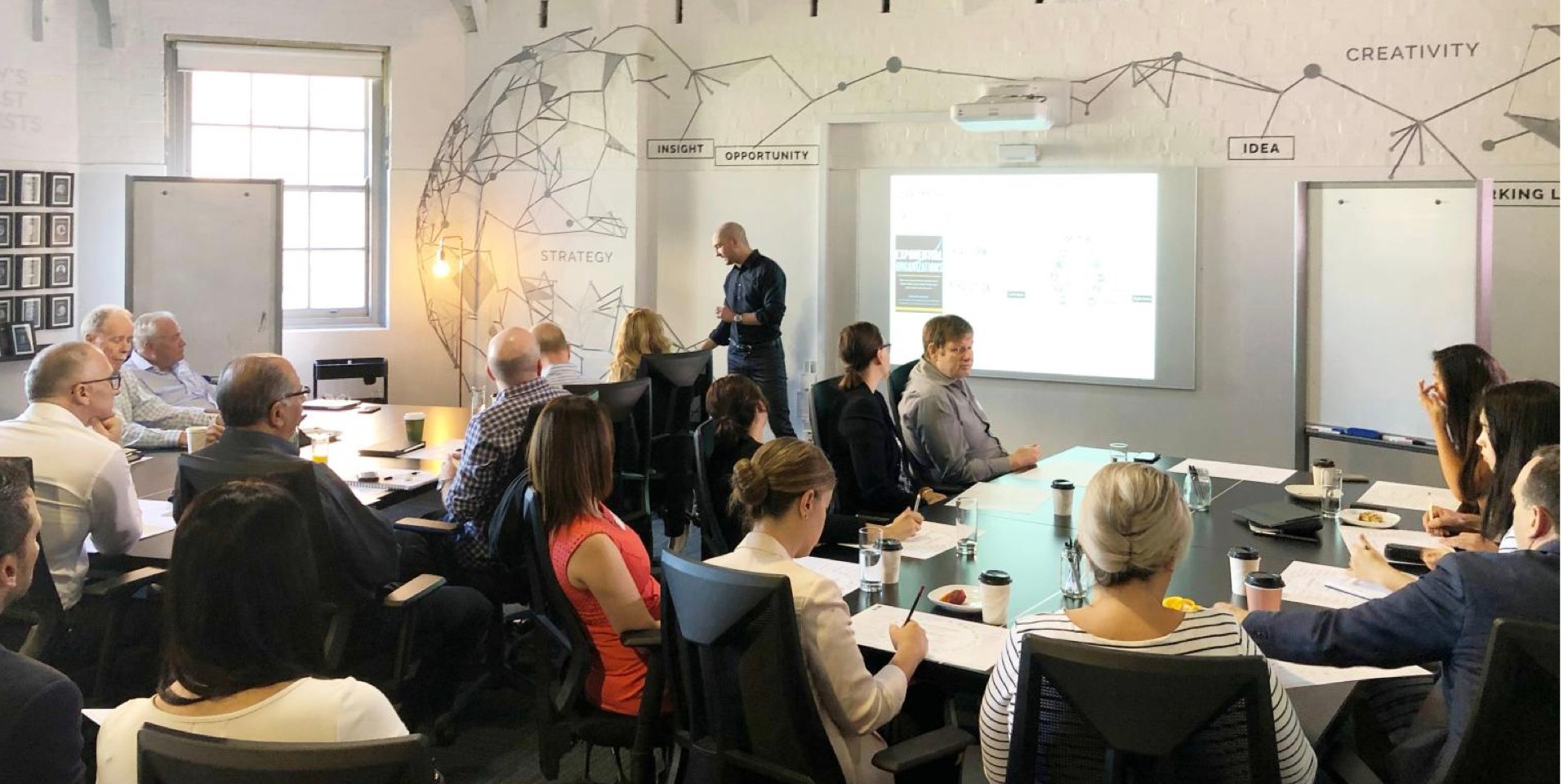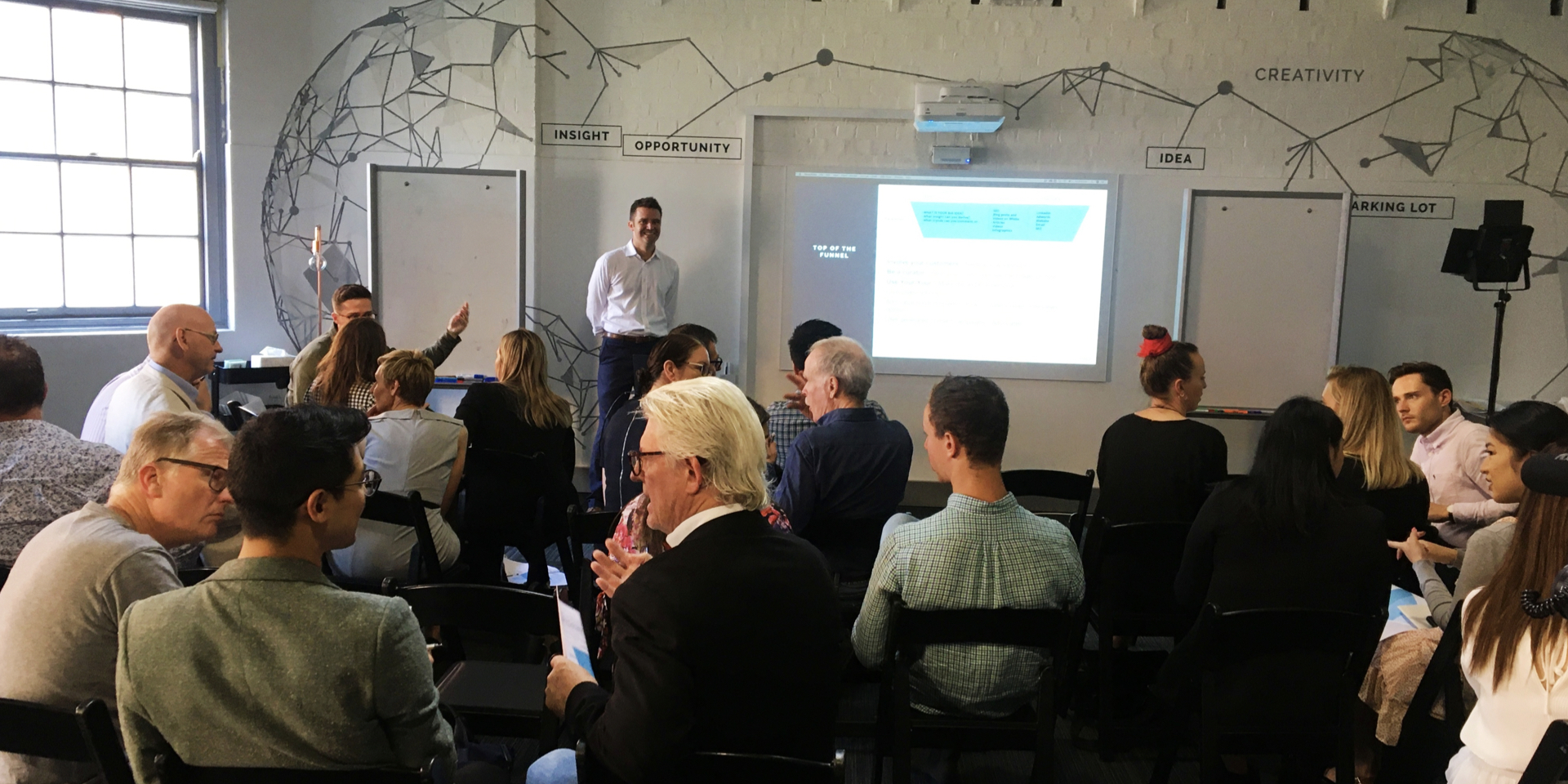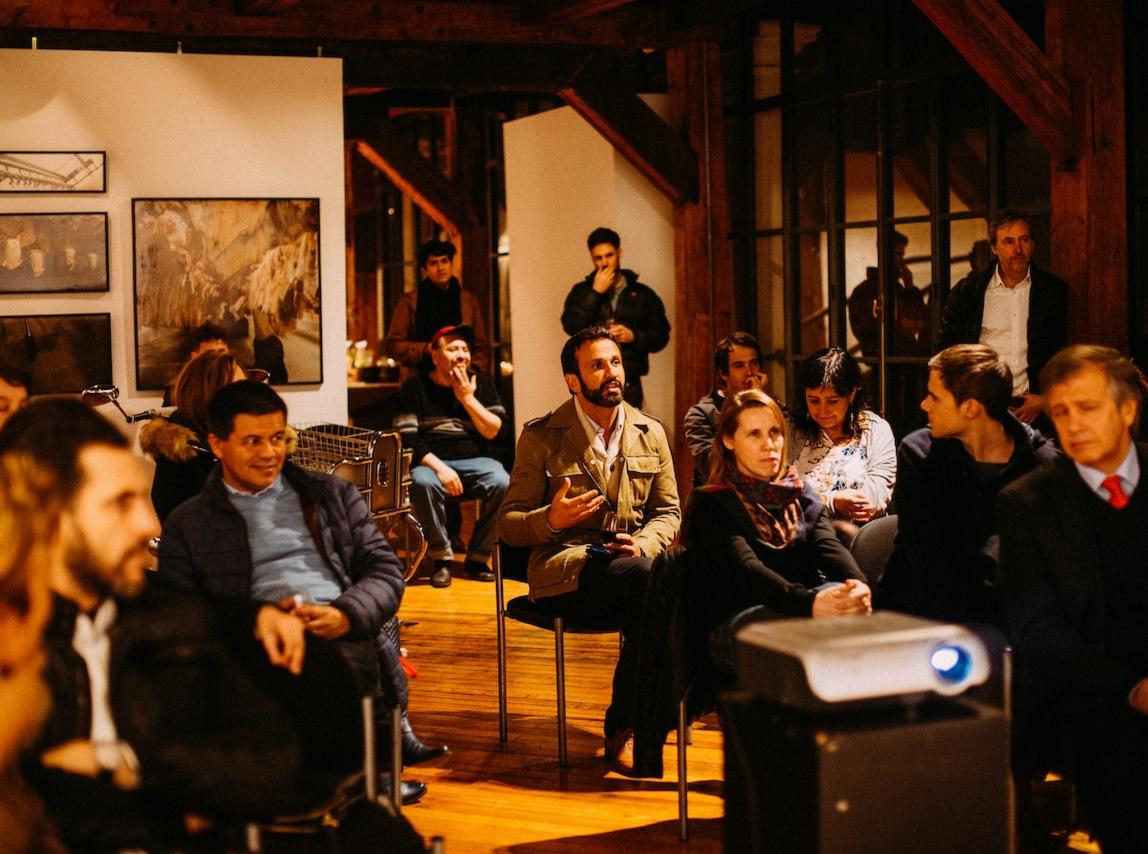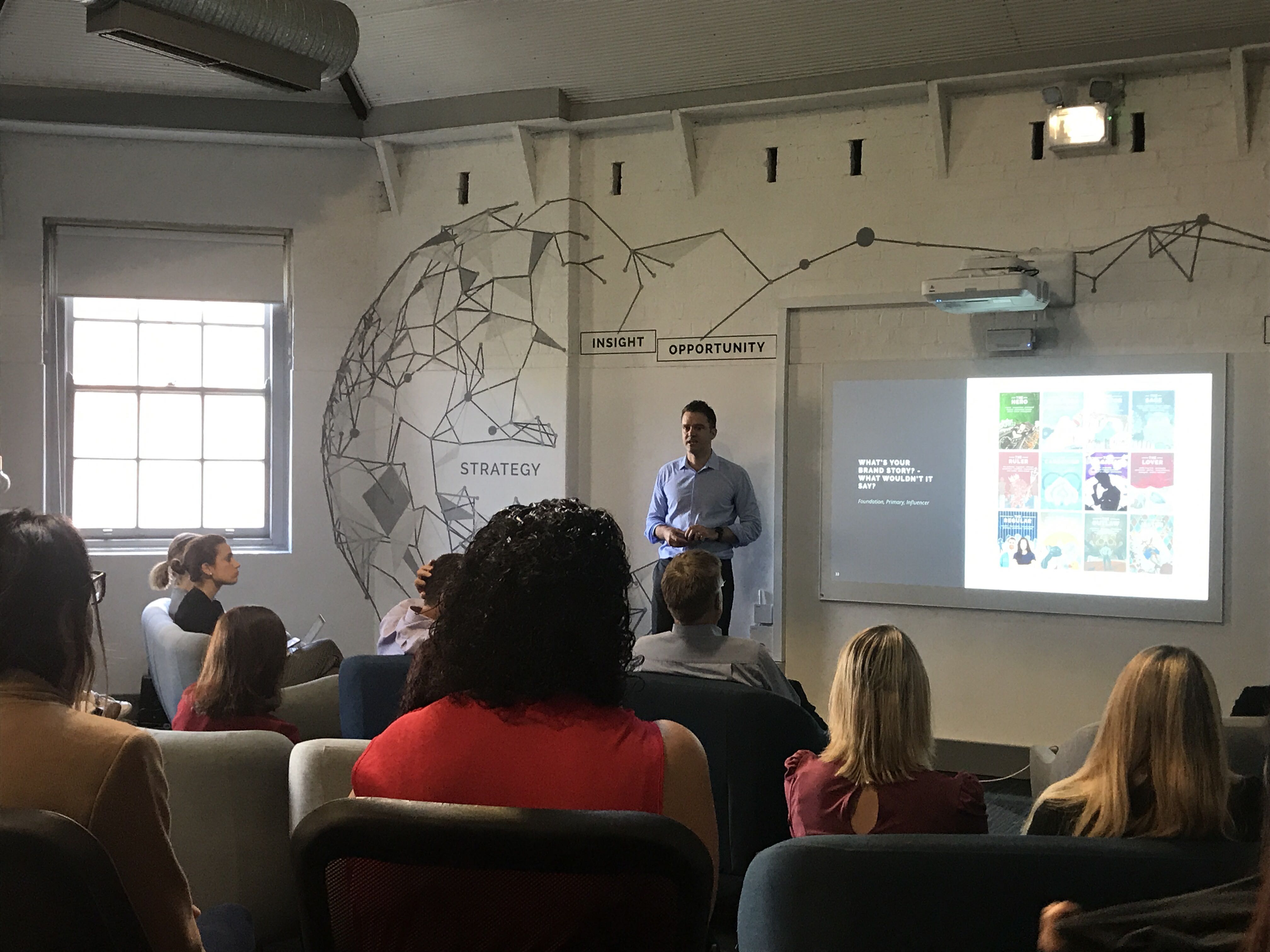It’s 5:30 p.m., and you’re just about to leave the office — but are you actually leaving?
Let’s unpack this.
Work is technically over, but has your mind stopped thinking about it? Are you still coming up with solutions to your work problems as you’re commuting home?
This kind of ‘grit’ is what a lot of people equate to ‘resilience’. But is this what resilience is? Is this what we should all strive for?
Unpacking Resilience
The first image that springs to mind when we think about resilience is quite militant. It’s this idea of a soldier with grit — someone who can stand tall and endure through rough, stressful times. This stems from the ubiquitous belief that the tougher we are, the more successful we will be.
However, this form of ‘endurance’ is costing companies over 63.2 billion dollars in lost productivity. Evidence demonstrates that there’s a correlation between a lack of recovery from stress and cognitive overload and an increase in health and safety issues.
What does this mean? Poor health means a decrease in the quality of our brain functionality and a decrease in our quality of work. In other words, when “we sacrifice sleep in the name of productivity… despite the extra hours we spend at work… [it] adds up to 11 days of lost productivity per year per worker”.
Where Did the Resilience Misconception Come From?
As a society, we have always been amazed by people’s abilities to push themselves to their limits. Why else do we celebrate the 100-hour work week of Elon Musk?
We praise people who don’t have a healthy work-life balance and often fall into the trap of attributing their successes to their ‘resilience’ or ability to carry through the tough times and do what appears impossible to the average human.
So What Is Resilience?
It’s about pushing yourself to excel, to focus, to grow, and to achieve — and then stopping to recover before giving again.
The science behind it? Homeostasis.
When work, stress, and outside pressures put us out of alignment, we end up using a lot more mental and physical resources to restore our bodies back in balance before we are able to recuperate and move forward.
Being resilient means being strong enough to not fall prey to cognitive overload. It’s being able to relax and unwind and be present in the current moment. It’s taking time for yourself so you can give more back.
Why? Well, if you’re cognitively overloaded and stressed, and if work has been on your mind in the past few days, not only are you a danger to drive with on the road, you have less emotional control and a decreased ability to rationalise situations.
It means you are at a higher risk of internalising issues and taking things personally, which may hurt your psyche and self esteem.
Resilience is about not overworking yourself to the point of exhaustion and stress. That kind of endurance is a ticking time bomb that hurts you first and then begins to ripple and hurt those around you.
How Do We Build Up Resilience?
Have internal recovery through short breaks taken throughout the workday. Schedule in short breaks during your work hours designed to shift your attention away from the task at hand. This can be a quick walk outside, a coffee break, or just stretching in your seat.
Resilience as a Corporate Value
A few months ago, at Step Change, we unveiled our new 1,000-day plan where we turned our company inside out and really questioned the direction we were heading as a company — our goals, what we stood for, and where we wanted to end up.
The result? A stronger and a more aligned business focus, expanded capabilities including a new digital division, and a focus on strengthening client relationships. We’ve introduced a new company culture with a new set of values that accurately reflect what it means to work at Step Change — with resilience as one of the core principles.
What do we do as a company to ensure resilience in our staff?
Resilience at an Organisational Level
- We implement an organisational system that allows people to prosper from their successes. With each incremental success, a new set of goals and tasks are issued designed to push and test the person and guide them to improve, grow, and learn.
- We place employees around key people whom they can watch and observe. We put a lot of value on teamwork and team successes. It’s about creating an environment where we can learn from each other and ensure we are all positioned to succeed. Why else do conventions get set up for CEOs and meetings get set up for university alumni? We naturally gravitate towards people from a similar environment who we can connect with, speak to, interact with, and learn from.
- We create a culture where there is constant mentorship. There are no stupid questions in our office. We have created an environment where staff members feel supported in their position. We implement a quarterly scoring system where we individually score each employee based on our corporate values to give them a feedback loop and a benchmark to see if they are lagging or leading the team.
What Can You Do?
If perhaps you’ve fallen into the trap of thinking about resilience in terms of endurance and pushing yourself as far as you can without taking a break from high-level cognitive activity, then it’s time to put our model of resilience to the test.
Why don’t you schedule short 15-minute breaks in your workday where you close your eyes and focus your mind away from the tasks at hand? Why not even go outside for a short 10-minute power walk? These short breaks will refresh your mind and help you concentrate better and help you become more resilient when the challenges at work pile up on you.
PS: If you liked this post, why don’t you read about redefining company culture after merger and acquisition? Read all about it here.
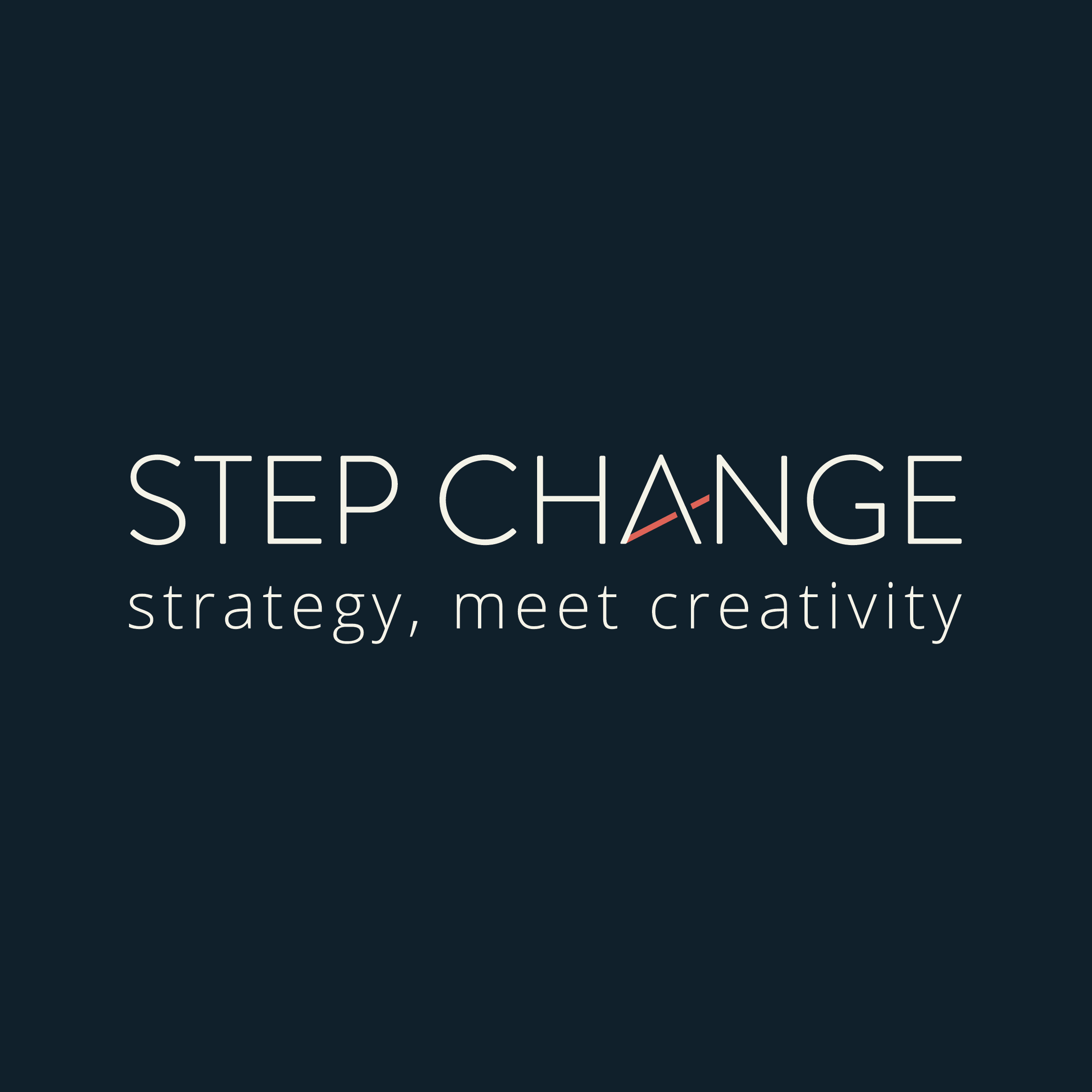
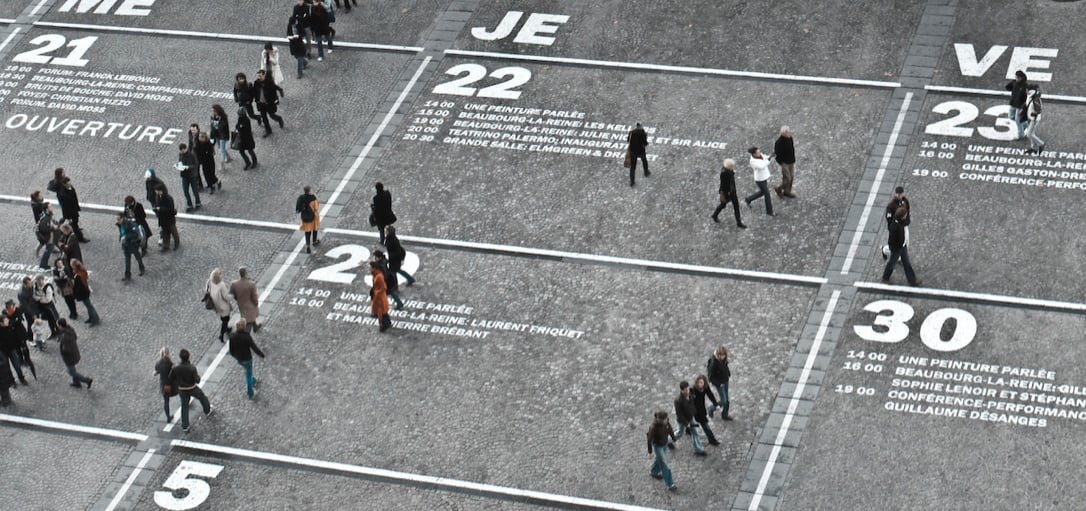


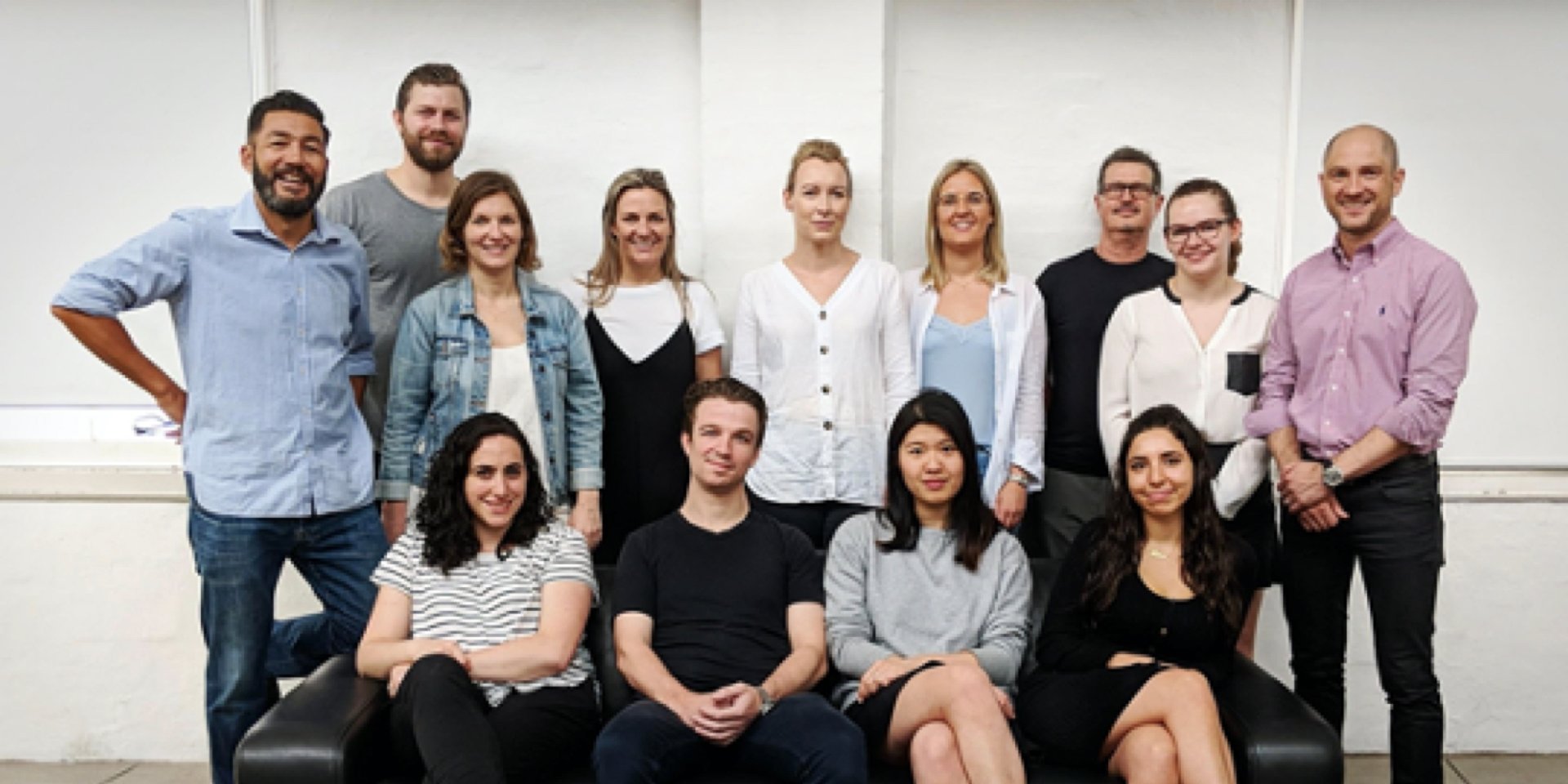
![Top 10 Articles C-Suites Read in the Step Change Blog [2019 Edition]](https://blog.hellostepchange.com/hubfs/step-change-top-10-articles-2019.001.jpeg)
